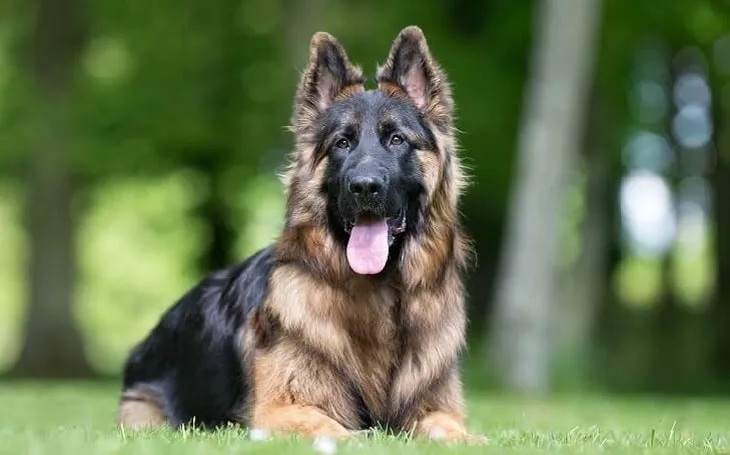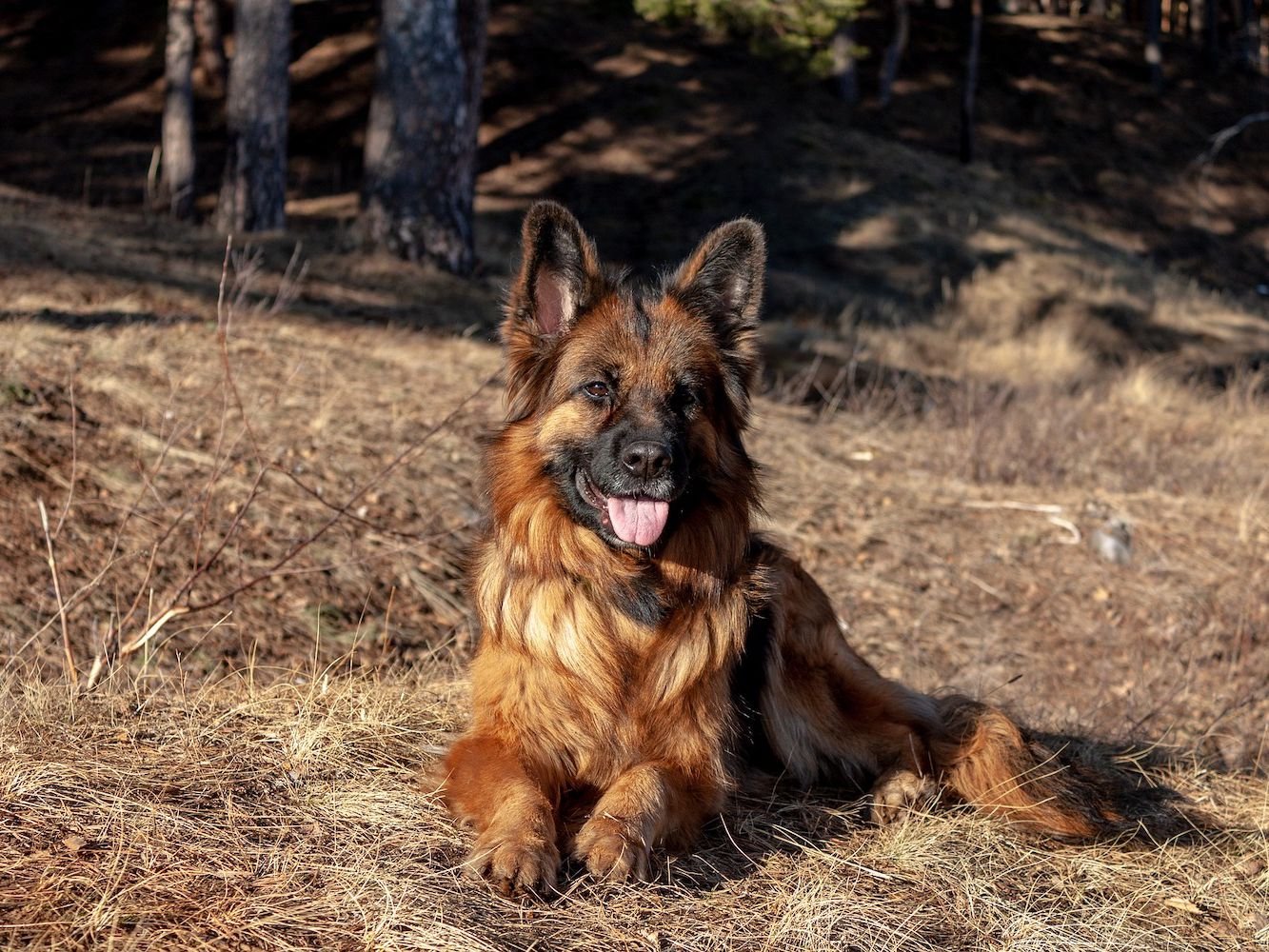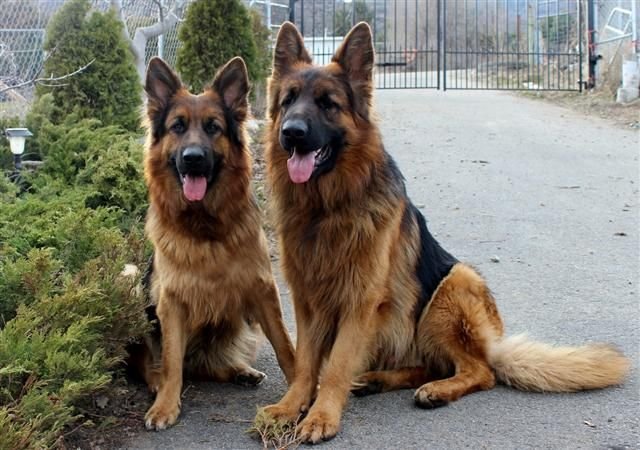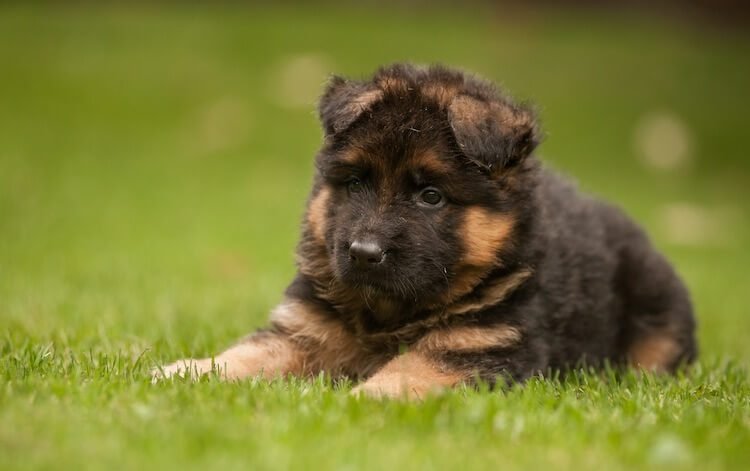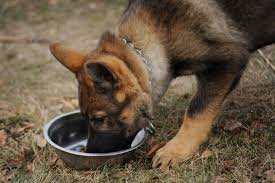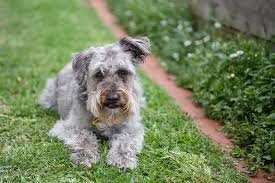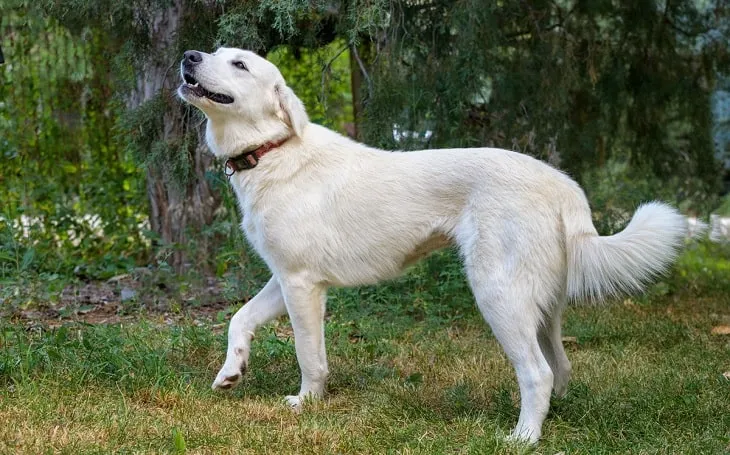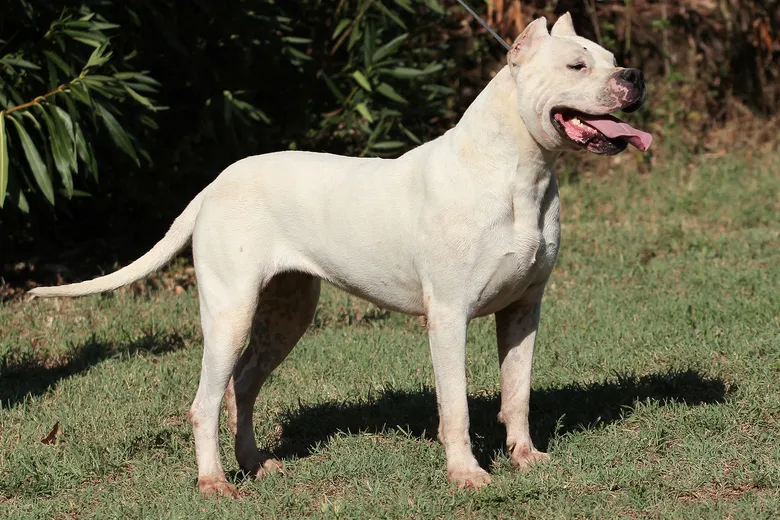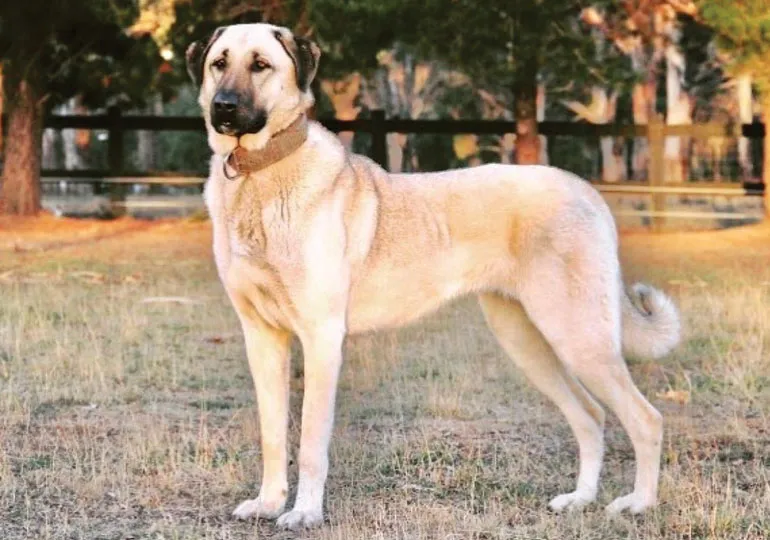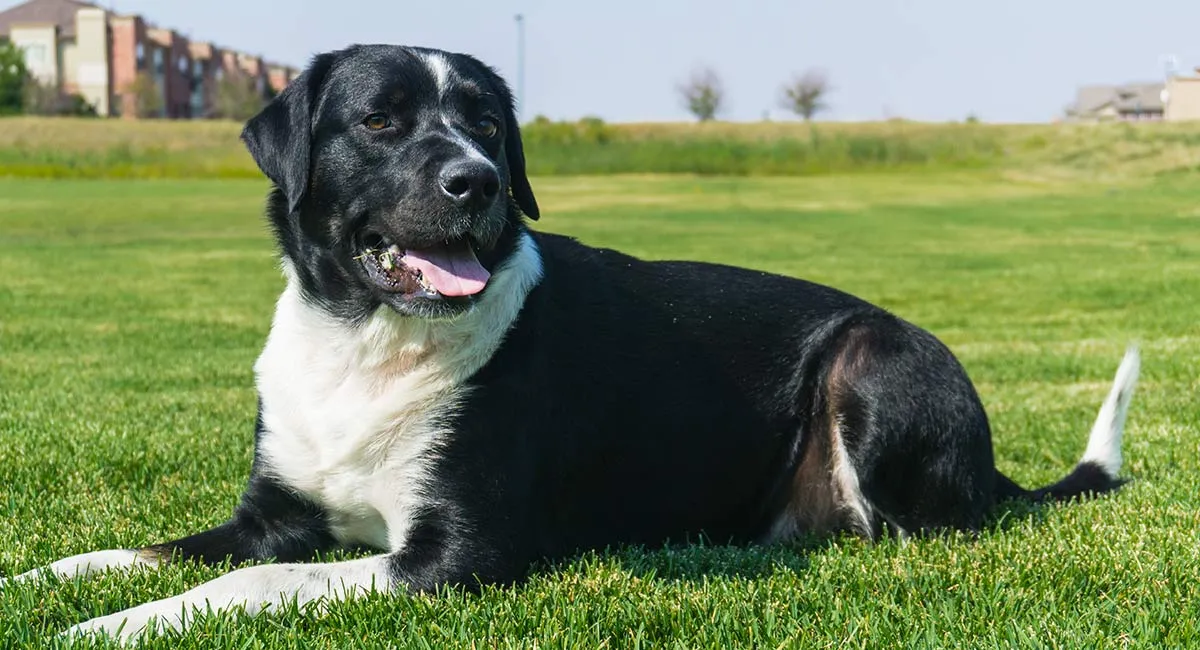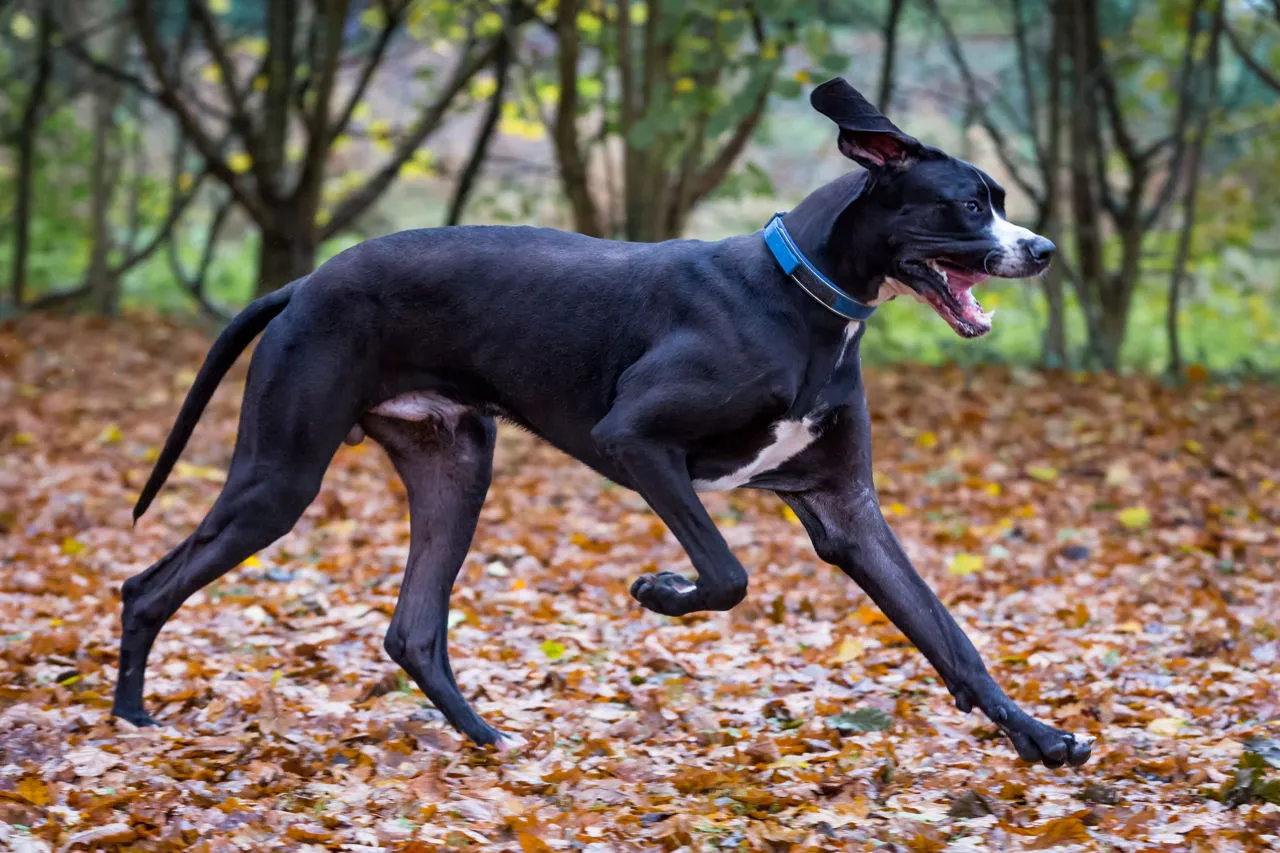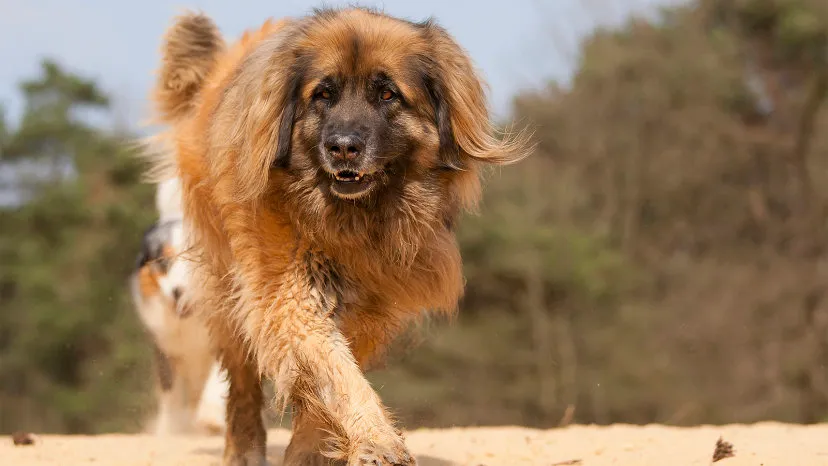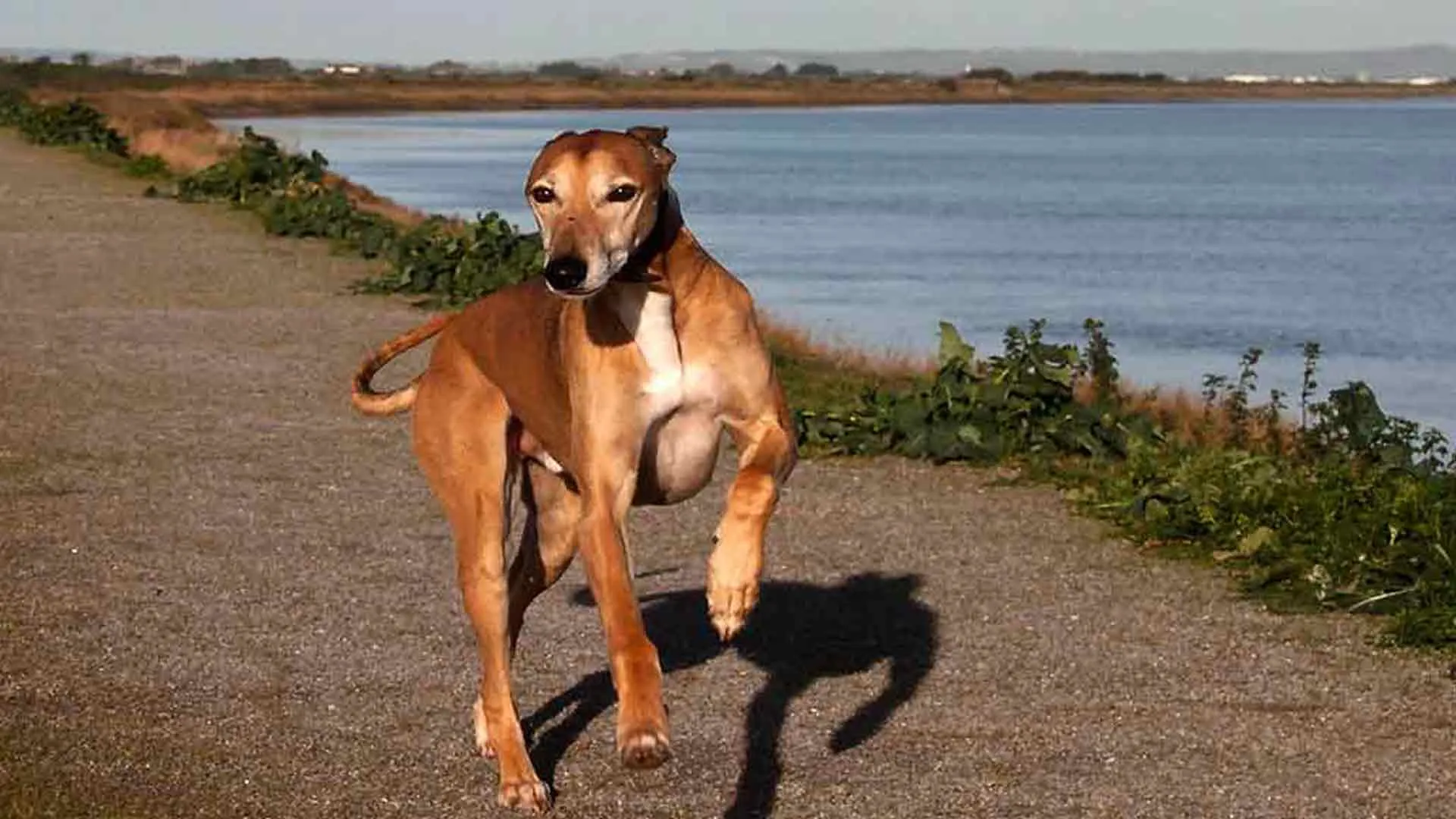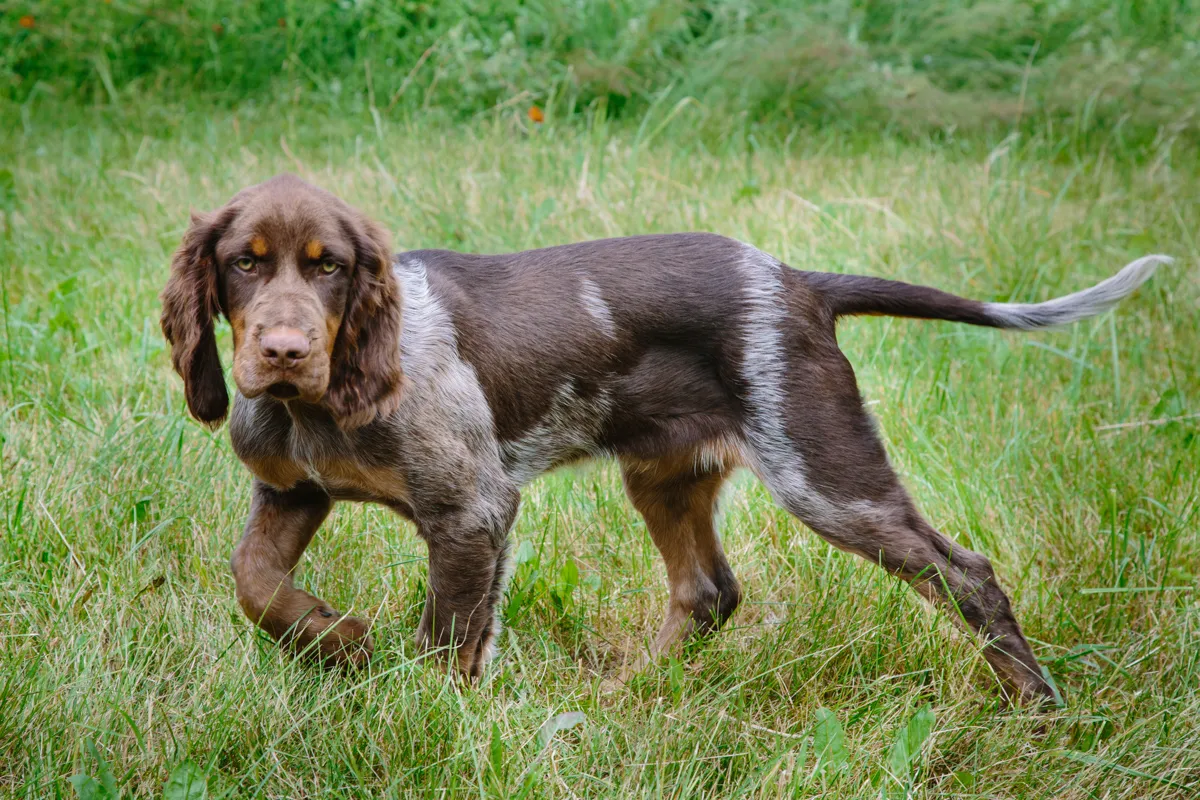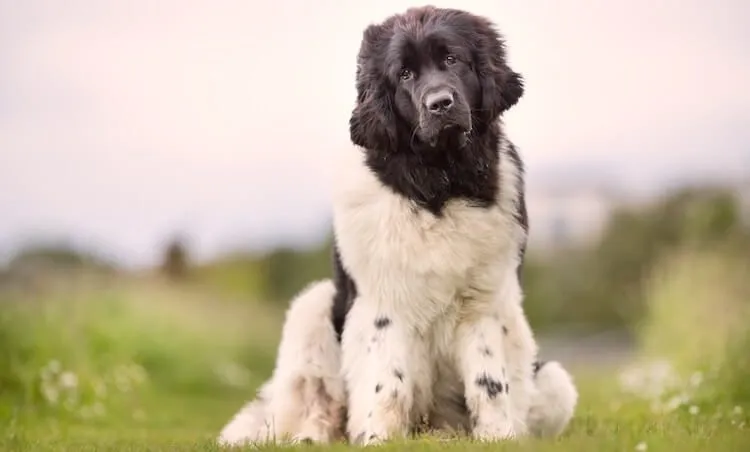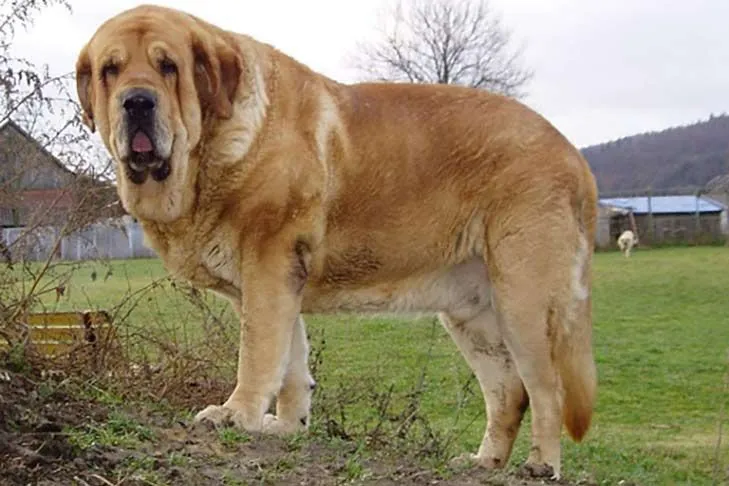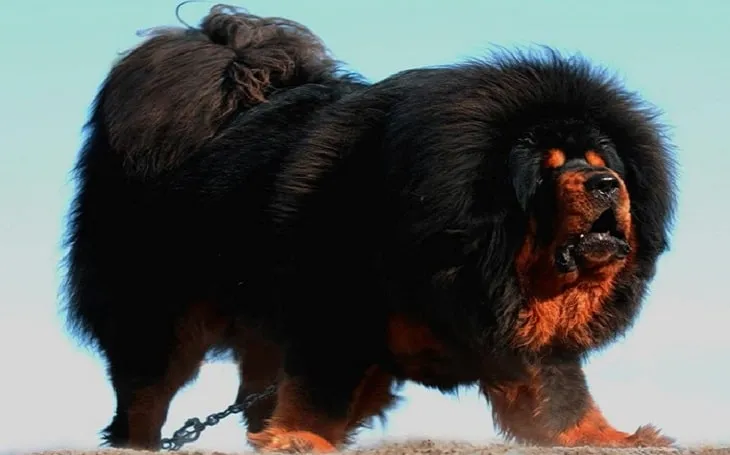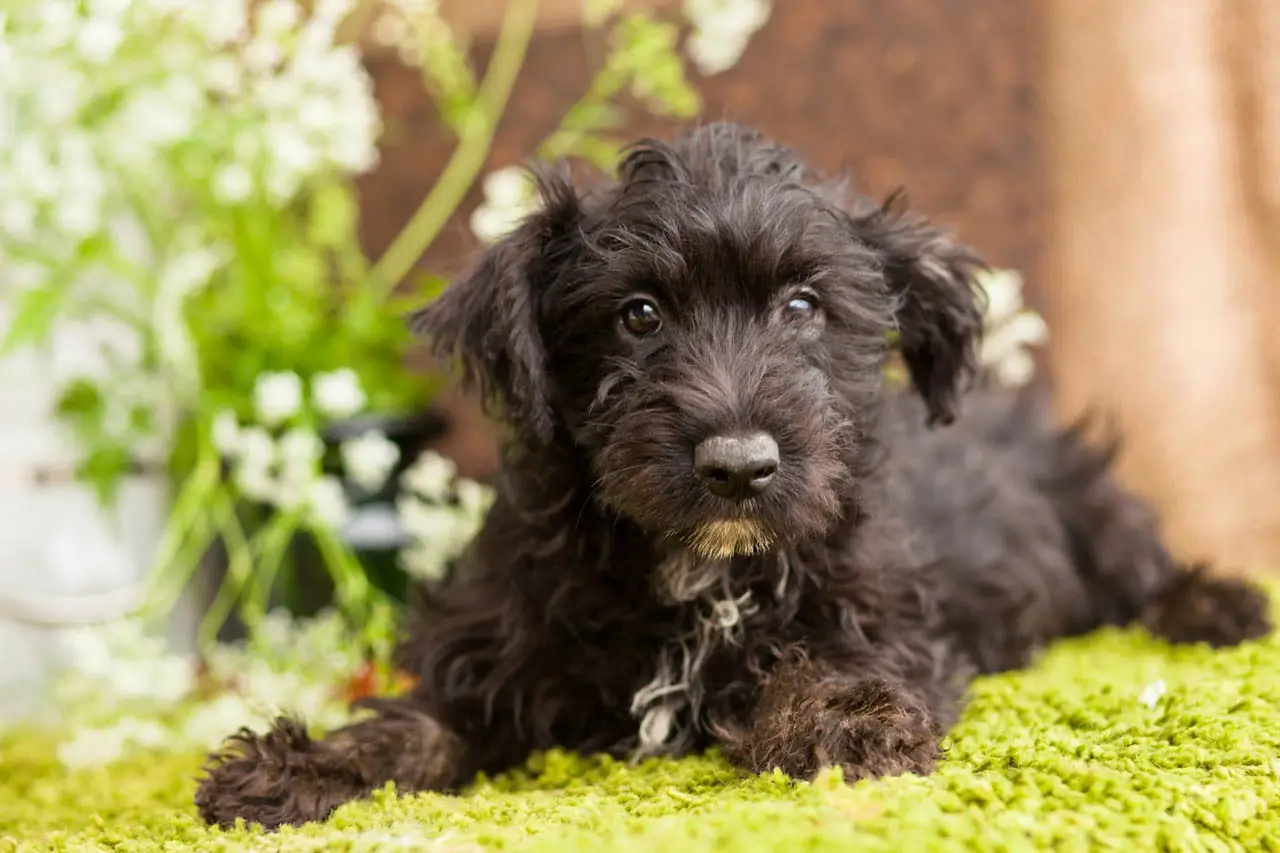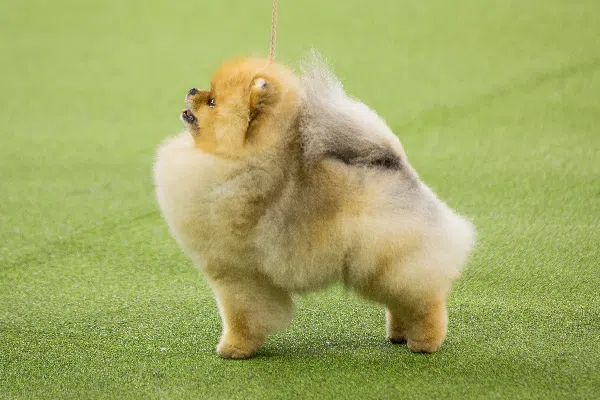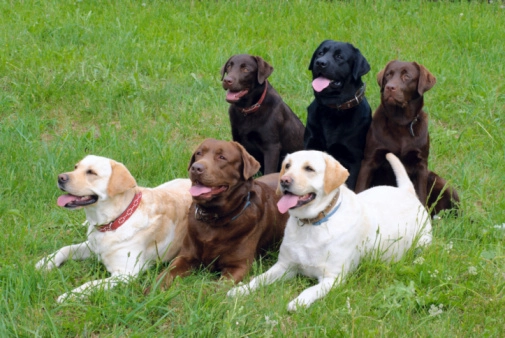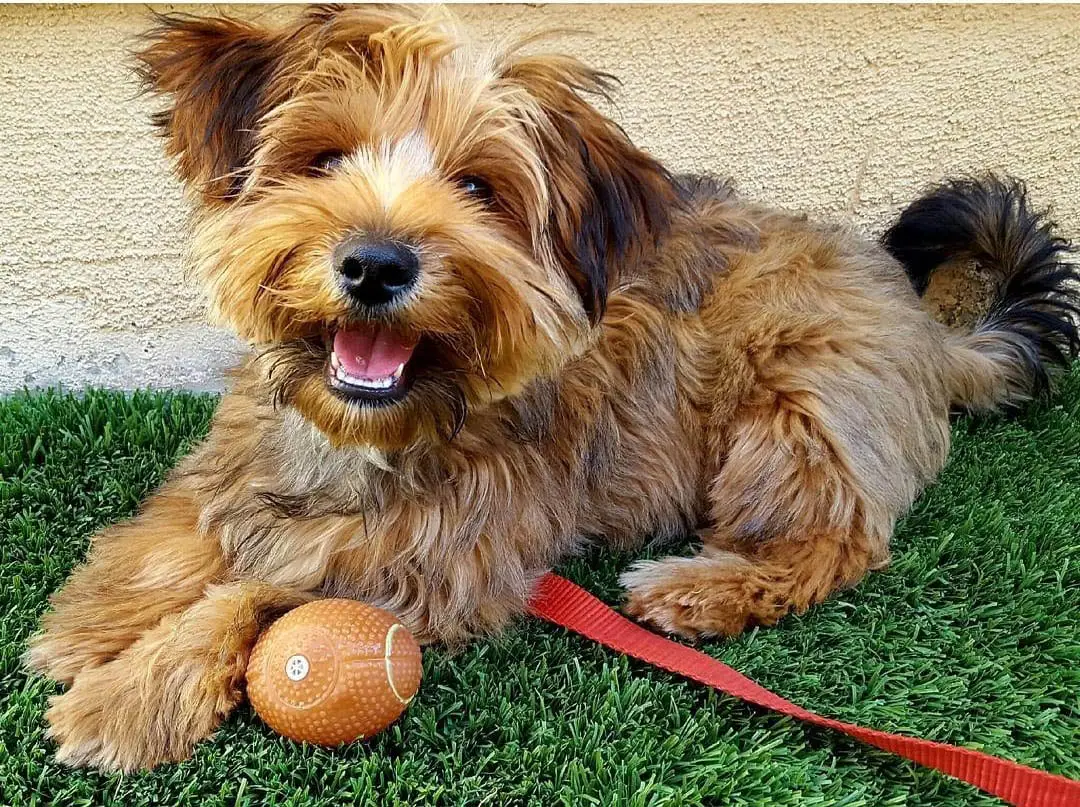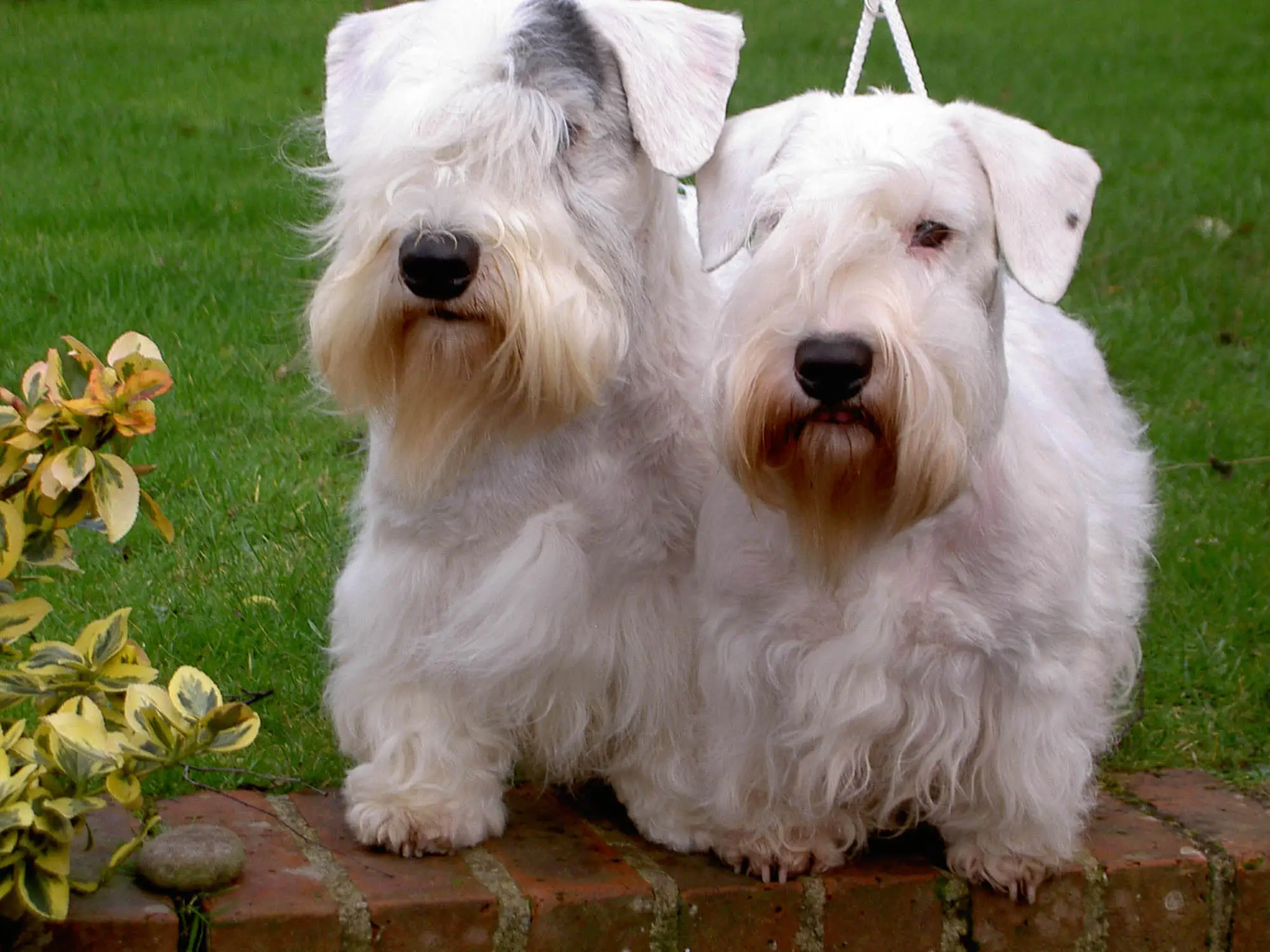History
In the early 1990s, the breeding of King Shepherd began on the East Coast of the USA by two breeders, David Turkheimer and Shelly Watts Cross. This breed falls into the designer breed category, which was developed by crossing the Shiloh Shepherd, German Shepherd, Alaskan Malamute, and Great Pyrenees. They have a sturdy and muscular build along with erect ears and a well-proportioned head. The eyes are almond-shaped, while the cheeks are deep and curved. Additionally, it has a broad chest and a curly tail that is thick and hairy. Black King Shepherds usually exhibit one of the most stunning coat colors within this beautiful breed.
Temperament & Personality
As a working dog, it is intelligent enough to perform tasks that require obedience, courage, and strength. They are loyal and always ready to please their masters. They may appear aloof at first, but they do not show aggression, making them a perfect guard dog. This breed is an ideal playmate for kids and a trustworthy companion for caregivers. When raised with other pets from puppy days, they develop a good rapport with them.
Care
Exercise
The King Shepherd needs rigorous outdoor exercises on a regular basis. It requires a brisk jog and walks twice a day, along with additional forms of exercise. To ensure the maintenance of their muscles, the breed usually receives sufficient training. Owners must ensure a daily dose of physical activity, especially in urban homes, to prevent the dog from becoming destructive, restless, and stubborn.
Grooming
Frequent grooming is necessary, as the breed has a coarse or smooth coat. Shedding will occur regardless of the coat type. Brushing every three to four days for five to ten minutes is necessary to keep the coat free of knots. Bathe the dog when necessary. The effort and time required for grooming vary based on the length of the hair. Longer hair coats require more grooming time.
Health Problems
Long-term studies regarding health problems are underway, and since this is a relatively new breed, there are few known health problems. However, there are still some health issues that they may inherit from their parents, including bloating, hypothyroidism, joint dysplasia, and eye problems. Full-grown King Shepherd may also suffer from osteoarthritis.
Training
Given that the trainer knows the basics, the breed is comfortable to train due to its intelligence. Training King Shepherd Puppies in their early stages helps the dog become better socialized, preventing incorrect behavior. Protection training is also part of the preparation for this dog. Leash training is essential to maintain high activity levels in mind.
Feeding
To keep the dog in good shape, feeding 3 to 4 cups of high-quality dry food is a must. In addition to dog food, a homemade diet or even raw food can be provided.
.png)
